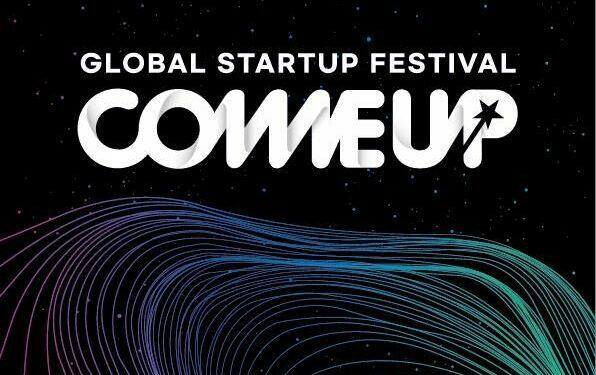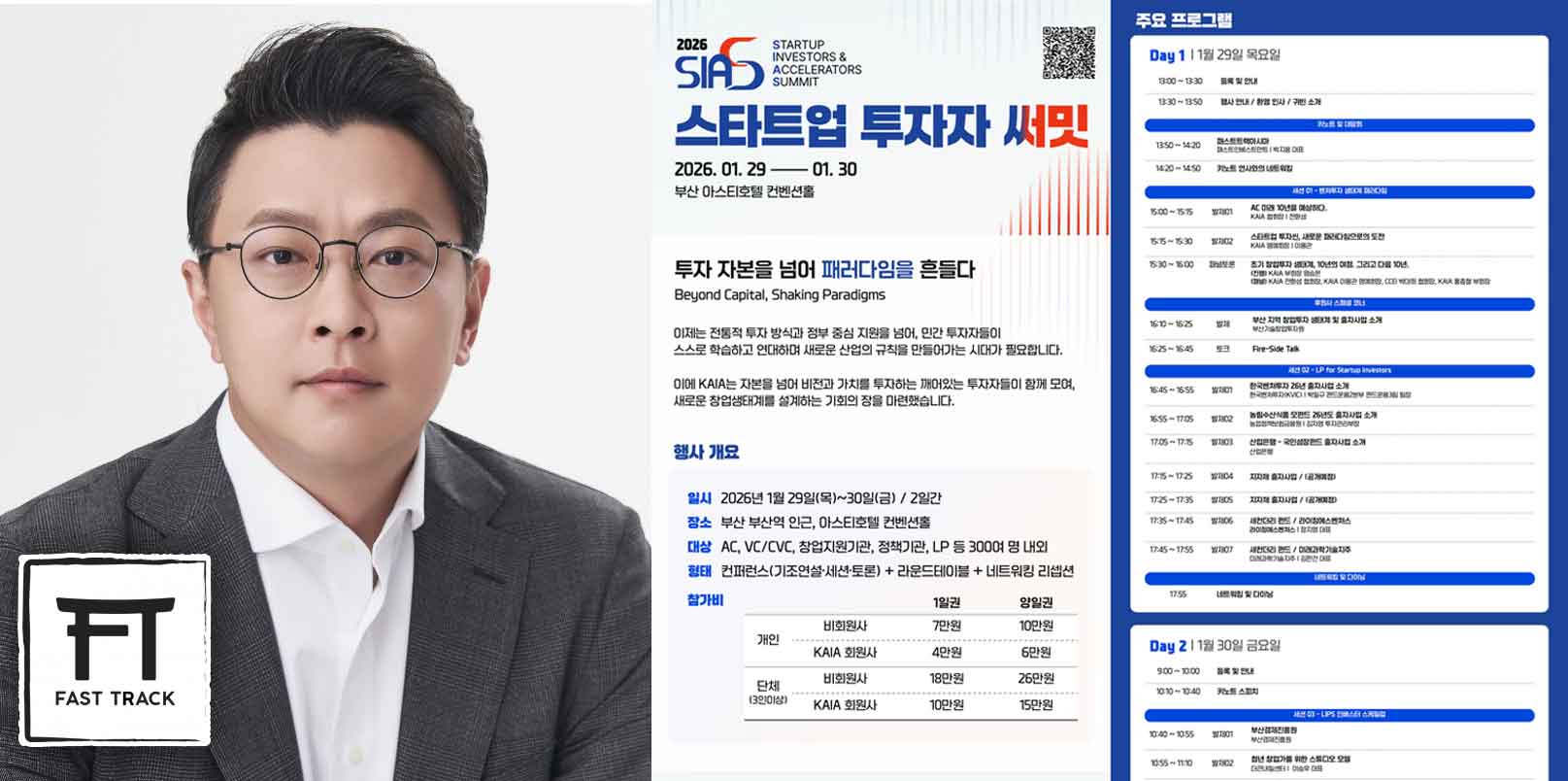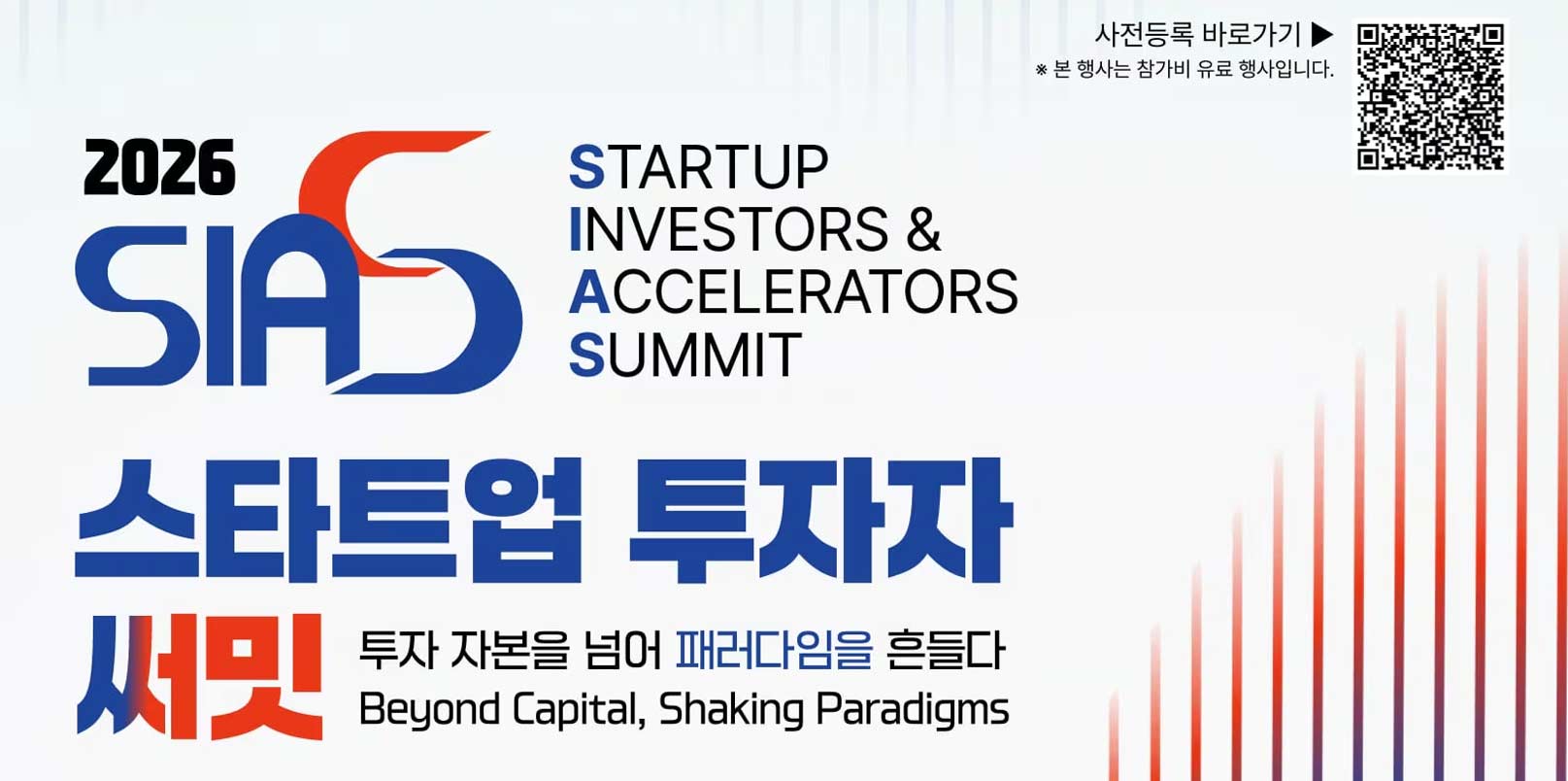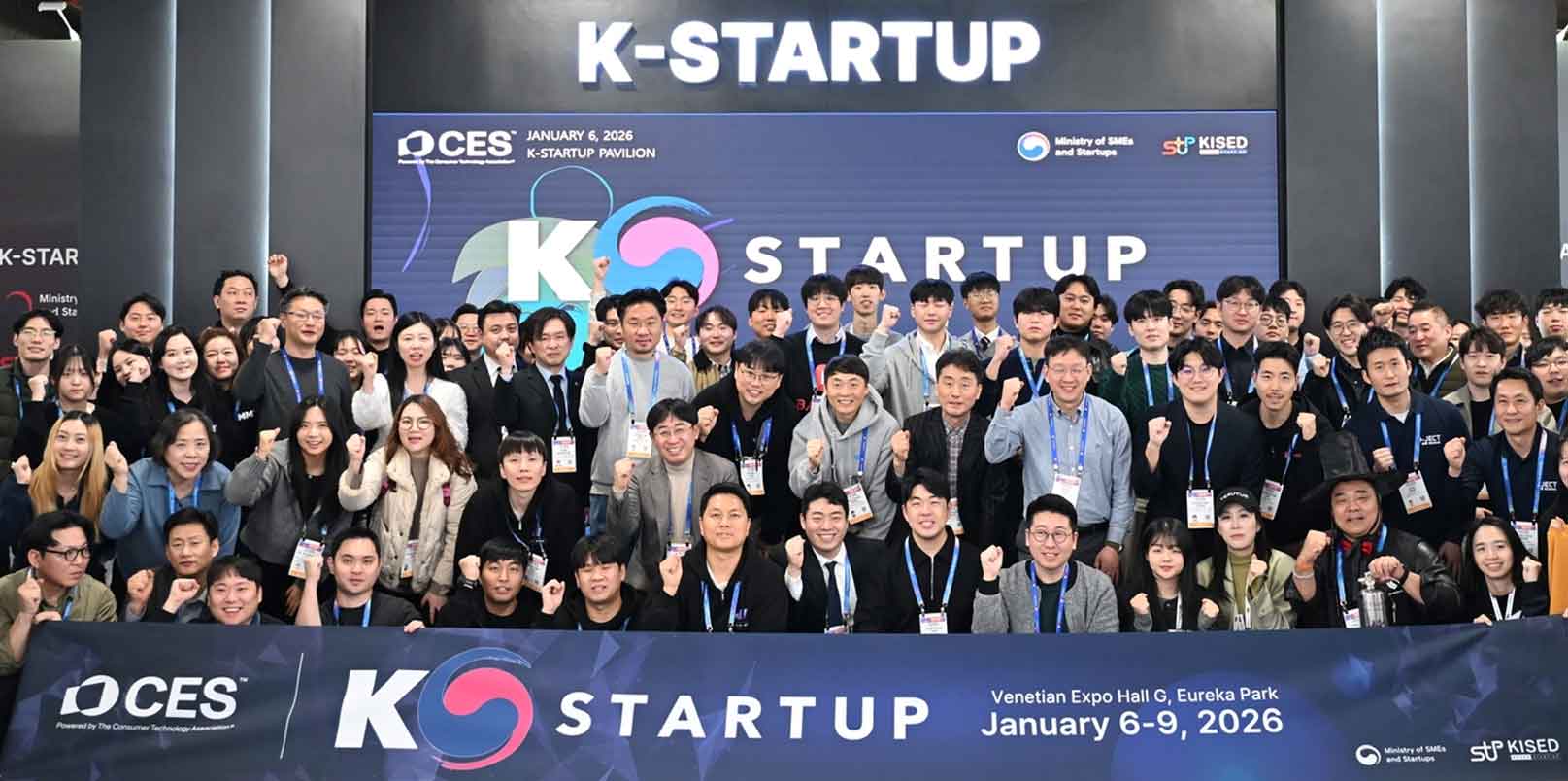COMEUP STARS gives promising startups the support, counseling, networking, and publicity they need to approach global investors, VCs, and companies. This year’s event saw 783 startups apply for 72 COMEUP stars positions. Today’s first startup showcase saw six rocket league startups pitch their firms to three judges, international investors, and conglomerates.
The startups
Deep X
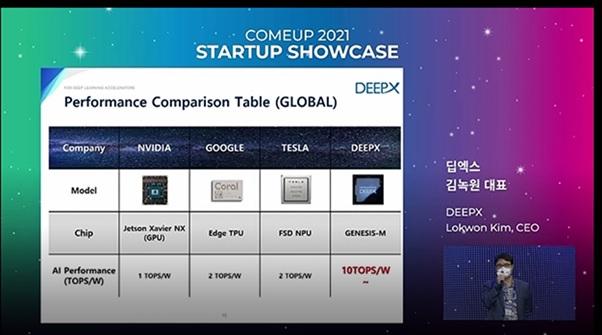
The session began with a presentation from Lokwon Kim, the CEO of Deep X. Lokwon started by acknowledging the significant growth of mobile devices since 2010. In 2010 there were 5 billion mobile devices, growing 50 billion in 2020 and is expected to reach 70 billion in 2030, producing 180ZB of data. The sheer size of this information warrants an ultra-low power-efficient AI chip that Deep X aims to produce. Deep X’s Genesis chips are five times faster than today’s chips and enable faster AI performances, lower energy consumption, and heat generation. Next year, the startup seeks 50 billion in production and development funding to commercialize Genesis H, M, and L chips. It already garnered 25 billion in Series B funding and has over 60 AI chip patents.
Vueron Technology
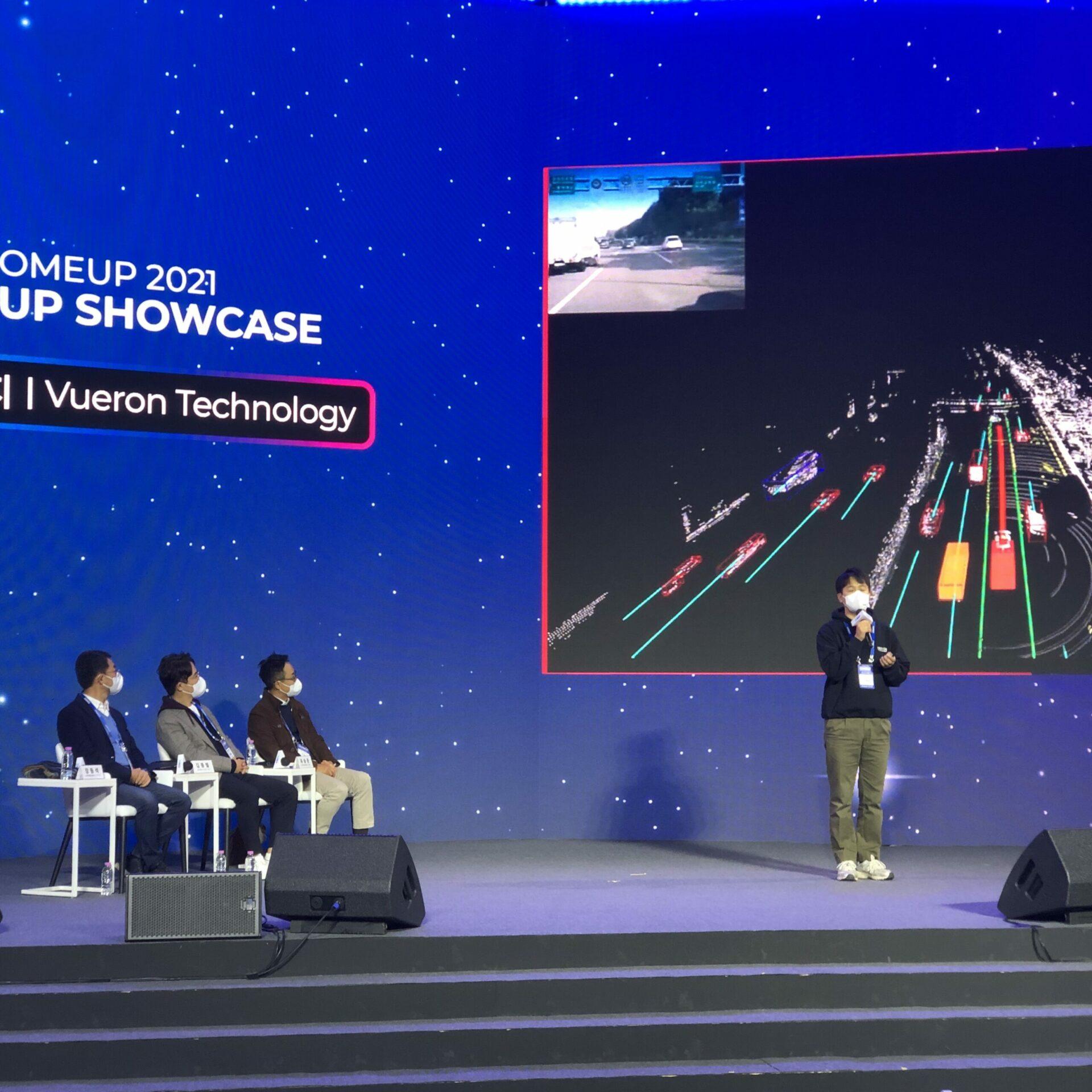
Vueron technology is a LIDAR system provider which seeks to produce an advanced system that will enable cars to detect the vehicles in front of it, behind it, and those which cut into its lane. It offers all object detection and a four-step autonomous driving strategy to allow cars to maintain control while providing feedback on the dangers averted. What makes their LIDAR system unique is its high object detection estimation of -0.2429 and estimation accuracy of 13cm on a 15 cm wide lane. Unlike today’s system, Vueron’s LIDAR can detect and move at the speed of an average car.
Willog
Willog provides logistics solutions through its Willog chip, app, and control center. The Willog chip is attached to the moving goods and can detect their temperature. According to Sunghoon Bae, the main advantage of their system is its easy accessibility. Users can access, print, and share their logistics information in real-time from their smartphones.
Pion Corporation
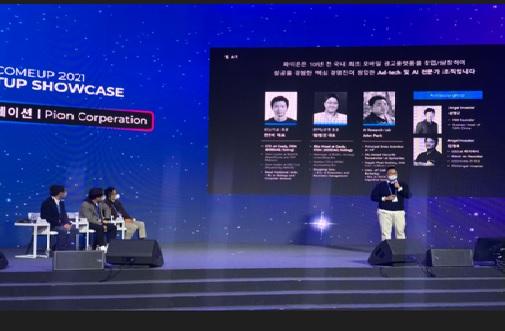
Vcat, from Pion Corporation, is a video editing platform able to produce videos within sixty seconds using AI technology. According to Bomjing Jong, the startup CEO, they created the app because most small enterprises made their short videos to promote their products. Their app bypasses conventional methods that require these companies to install motion sensor technology and video-editing professionals. With Vcat companies, only shopping malls and clothing stores need only to record the video or take pictures and upload it to the app. The app edits pictures or videos using AI to create short one-minute promotional videos.
Anpoly
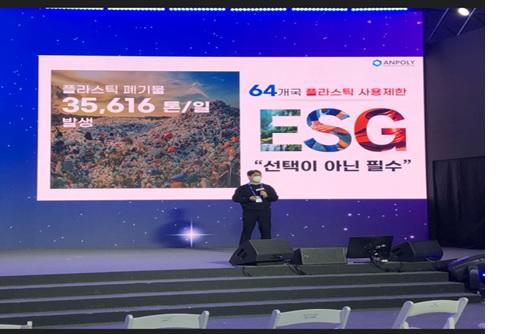
Anpoly seeks to utilize waste materials in creating new materials. According to Sangcheol Rho, Anpoly CEO, 35,616 tonnes of plastic waste is produced each day, lowering the applicability of EFT in mitigating these waste products. Anpoly seeks to use nanotechnology in changing waste materials into Polycellu, nano-cellulose, which can be used to create food, packaging, and cosmetics. Polycellu is 20 times stronger than plastic and requires 20% less material to produce. It decomposes in 11 seconds and can reduce our daily plastic waste by 7112 tonnes. Through the vast array of applicability of Polycellu, Rho believes Anpoly can reach the 30 billion sales mark by 2030.
People Fund
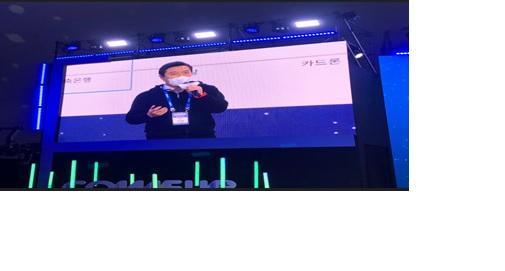
Daeyoon Kim began his presentation by showing how banks and other financial institutions charge higher interest rates on people with medium wages. “Banks charge higher rates on both loans and savings bank interest because of the high default rate of middle-income people. However, through our unique risk management strategy, we charge less interest and have a low default rate of only 2.4% instead of banks’ 5-6%. 52% of our customers are people with less than a medium wage, but investors using our platform are guaranteed 90% profit through our unique strategy.” Kim Said.


